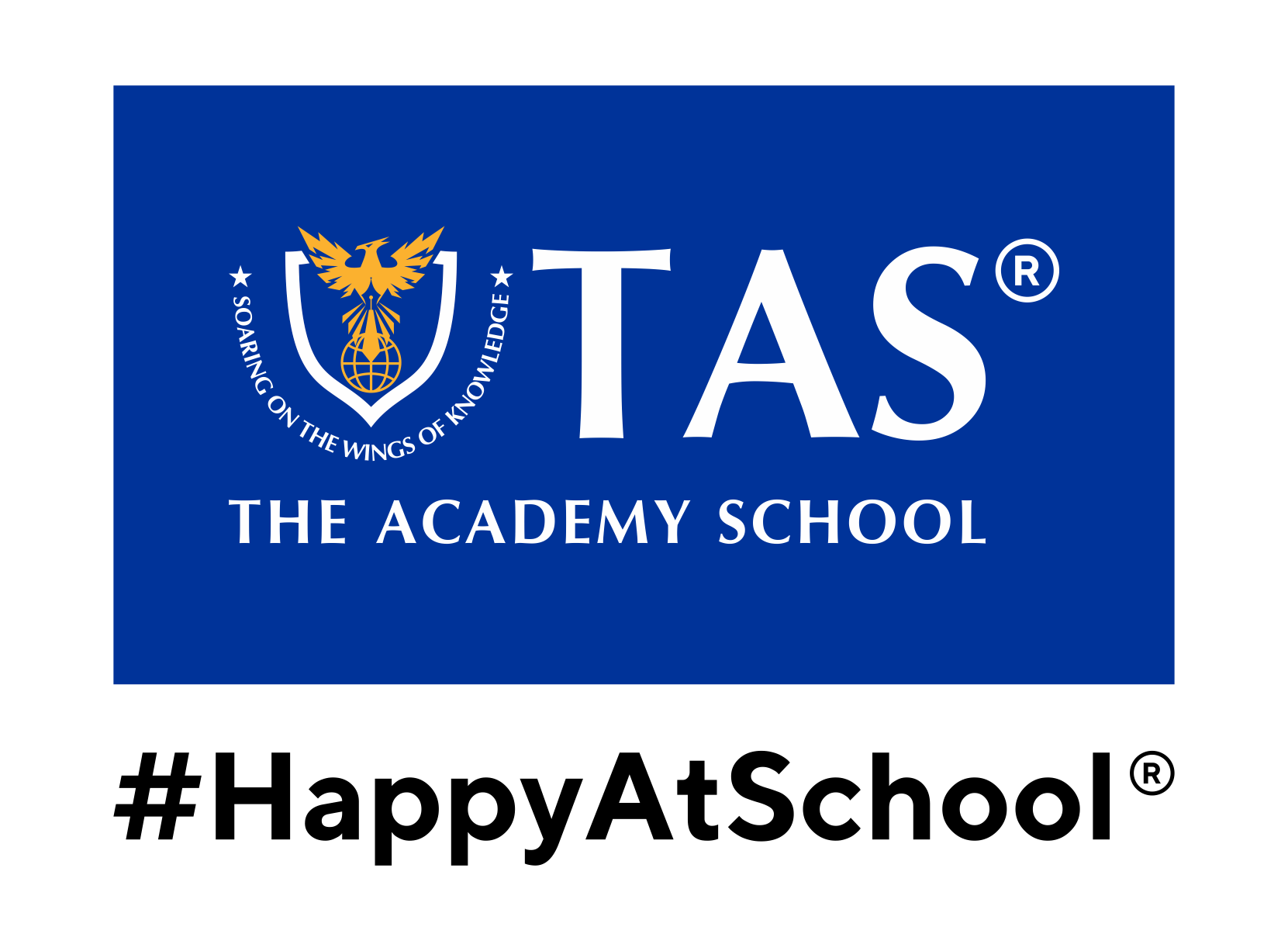Senior School
The senior school is the bridge to the world outside. At TAS, we understand the fundamental aspects to this transition and prepare our students to face the challenges ahead. We believe that sound knowledge expands the horizons for young achievers as they go on to realize their dreams. Our Senior School Modules focus primarily on planning the roadmap to transitioning from school and helping the seniors choose their streams and fields.

English – Inculcating communication and self-expression
- Focusing on oral and written expression, in a creative manner.
- Developing a sense of appreciation and critical vision for different forms of literature among children.
- Developing appreciation for the language through different forms of literature such as prose, poetry and drama and using rhyme, rhythm, figures of speech, dialogue and a number of other literary devices.
- Teaching in ways that application of the language becomes a part of the students’ learning process, as they strive to create their own poems, stories, haikus, cartoon strips, role playing, etc.
- Continuous assessment and evaluation, which includes writing and oral skills, and dramatics.
This learning process implies the prevalence of freedom of expression and movement in the classroom environment sensitively created by teachers in our classrooms.
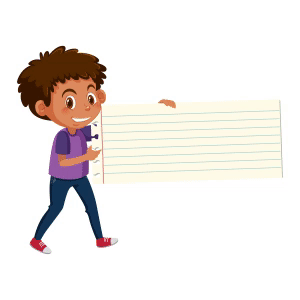
Mathematics – Building problem-solving and critical thinking skills
- We aim to provide clear and concise explanation of multiple concepts through various methods like chalk and board, visual aids and learning software. The approach and orientation is to lay a strong foundation for the students through adequate emphasis on the fundamental.
- Regular internal assessments are taken on a bi-weekly basis to assess the success of the delivery of a concept and to check the understanding and retention of the subject matter.
- Projects are given to offer intellectual challenges and stimulate students in their thinking and creative faculties.
- Recurrent revision and reiterations of fundamental concepts such as multiplication tables, important formulae, square and cubes to enable children in faster calculations.
- Worksheets are provided at regular intervals for practice and concept clearance.
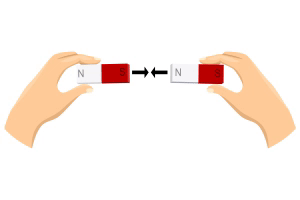
Physics – Understanding the laws of nature
- Providing students, the knowledge and understanding of the concepts.
- Applying laws of Physics in daily life experience.
- Developing curiosity and exploring nature in students.
- Active learning through hands on experiments.
- Recapitulation of the concepts learned on a regular basis to check progress.
- Developing a keen observation skill of natural events and conditions in order to discover facts about them.
- Developing scientific outlook and independent thinking.
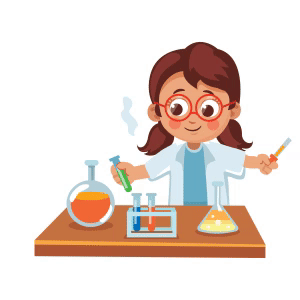
Chemistry – Building a pragmatic learning approach
- Acquiring basic knowledge of the empirical world.
- Acquiring the ability to observe accurately and objectively.
- Acquiring the ability to solve problems.
- To think scientifically, independently and to make rational discussion.
- The ability to communicate, using the language of chemistry.
- Developing an appreciation for chemistry and its application in daily life.
- Promoting the awareness of the social, economic, environmental and technological implication of chemistry.
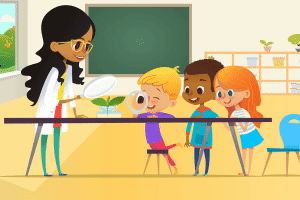
Biology – Connecting to the biosystems
- Relating Biology to the daily life experiences of children.
- Emphasising on learning through ‘hands-on-activities’ by using locally available materials and situations as learning resources.
- Encouraging children to explore and use varied resources (laboratory resources, plants and animals in their surroundings and multimedia resources) so that they can establish a relationship between the content learnt in class and its relevance in and to their daily life.
- Using the children’s own experiences, ideas/points of views as learning resources.
- Helping students develop scientific temper, curiosity, analytical and critical thinking and synthesis of ideas and concepts.
- Using Power Point Presentations, Videos and Projects to concretise abstract concepts.
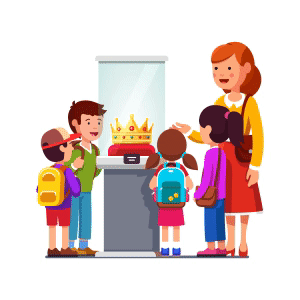
History/Civics – Igniting the inquisitiveness for our past and future
- Learning through dramatization/role play about the past and present by creating a sense of historical diversity.
- Relate History/Civics learning to the daily life experiences of children.
- Emphasising on learning through ‘hands-on-activities’ by using locally available materials and situations as learning resources.
- Encouraging children to explore and use varied resources so that they can establish a relationship between the content learnt in class and its relevance in and to their daily life.
- Learning through Power Point Presentations, Videos and Individual and Group Projects.

Geography – Understanding our World
- Developing an understanding of how environment and climatic factors have influenced our lives.
- Imparting an understanding of basic concepts, principles and theories relating to geographical phenomena.
- Training the students in nature study.
- Developing the skills of reading maps and globes.
- Developing an attitude of discovery in them.
- Developing a love for nation and to develop cosmopolitan and internationalist outlook.

Computer Applications – Building Futuristic Skills
- Assigning computer projects so that students learn to deal with real-world constraints.
- Encouraging creative thinking with challenging classroom projects
- Developing logical and analytical thinking, so that they can easily solve interactive programs.
- Learning through PowerPoint Presentations, videos, and individual projects.
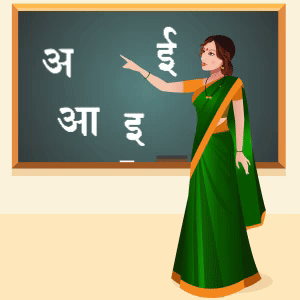
हिन्दी
- संयुक्ताक्षरों एवं संयुक्त व्यंजनों का उच्चारण तथा लेखन, वर्ण-विच्छेद, विविध विधाओं में
दी गई सामग्री का पठन करवाना - अध्ययन पर आधारित कल्पनाशक्ति और अध्ययन कौशल को बढ़ावा देना
- गतिविधियों, परियोजना निर्माण तथा व्याकरण द्वारा सुनने, बोलने, पढ़ने, लिखने, अर्थबोध
के कौशल, चिंतन का निरंतर विकास करना - चित्रवर्णन, अनुच्छेद-लेखन, कहानी, निबंध एवं पत्रलेखन के माध्यम से रचनात्मकता एवं
सृजनात्मकता की वृद्धि करना - हिन्दी की मौलिक कथाओं, कहानियों एवं कविताओं द्वारा मानवीय मूल्यों का बोध
करवाते हुए जीवन जीने की कला सिखाना - ज्वलंत समस्याओं तथा स्वास्थ्यवर्धक आदतों पर विशेष बल देना
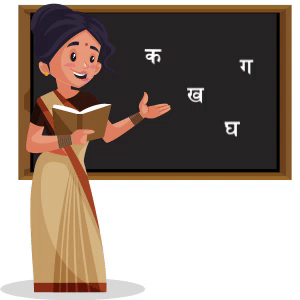
मराठी
- भाषा शिक्षण हा कुठल्याही भाषेच्या संवर्धनातील महत्वाचा भाग असतो. महाराष्ट्रातील
प्रत्येकालाच मराठी भाषेचे ज्ञान असावे आणि इंग्रजी माध्यमांच्या शाळेत ही मराठीचा भाषेचा दर्जा कायम राहावा; हा मराठी शिकवण्या मागचा हेतु आहे. - भाषिक कौशल्यविकसन आणि पाठय मजकुराचे आकलन याबरोबरच विद्यार्थ्यांना
मिळालेल्या ज्ञानाची प्रत्यक्ष जीवन व्यवहाराशी सांगड घालायला शिकवणे. - व्याकरणाद्वारे मराठीत होणारे बदल सांगणे, वाक्यरचना, प्रश्नोत्तरे, व्याकरण वाचन तसेच
लिखानाद्वारे वाचन आणि लिखाणाचा विकास करणे.
